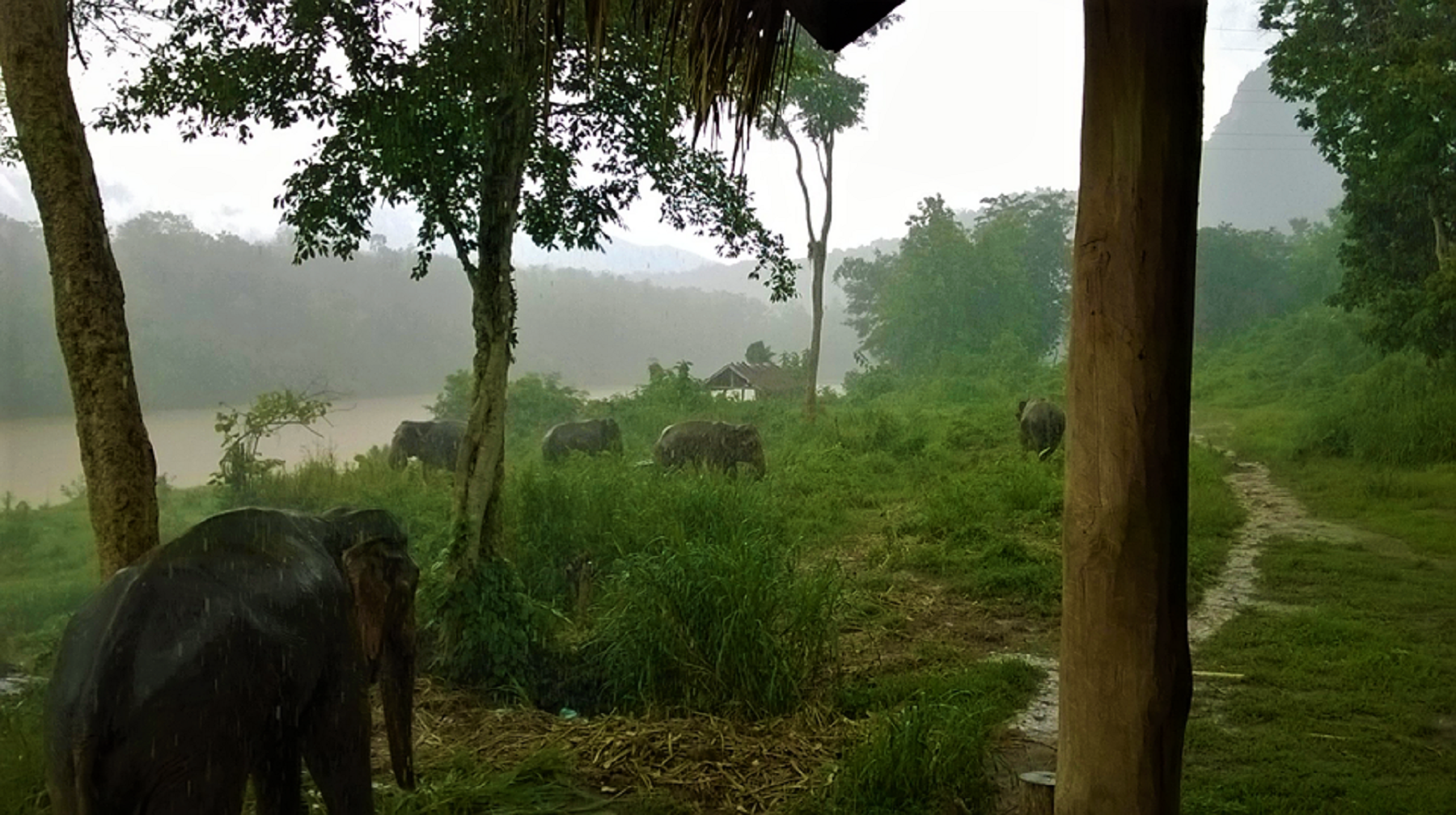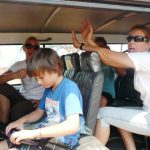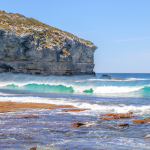Are you dreaming about an overseas experience? Looking forward to a quick trip across the water, or even excited at the possibility of living in another country? In our desire to travel more and experience the world, we are exposed to many different cultures, world views and incredible differences that shape those who live there. Our desire for euphoria (happiness and intense excitement) on our travels is helped along the way by tourism businesses, all vying for the tourist dollar, eagerly awaiting your patronage in exchange for economic gain (Islam, 2018), that will pay wages, feed families, and pay other business expenses.
For that economic gain people will do almost anything, especially in third world countries where poverty surrounds everything and education is only for the rich. The hope to stop living on the knifes edge of starvation outweighs the knowledge of wrong doing and even allows them to ignore the fact that they are placing themselves in harm’s way.
Having lived in Laos, in Asia, I have seen first-hand the destruction of lives brought about by poverty. Children as young as eight are being sent to the cities by themselves to get a job, to then come across someone promising a kitchen, restaurant or bar job, but they are then thrown into the seedy and disgusting world of sexual exploitation. Locked in a room for days and raped continuously until they submit. Wildlife are also forced into the entertainment, labour or riding industry through kidnapping them as babies before they are beaten, starved and broken, until they also submit to doing what is asked of them. Survival instincts are so strong in all species that submitting is essentially better than dying, whatever that may cost!
We are feeding these industries as tourists, sometimes unknowing, sometimes apathetically aware and sometimes just driven by euphoria and the need to excite the senses and experience something completely unobtainable in their own countries. We move around this planet with blinders on completely ignoring, or are ignorant of the fact that behind some of these magical moment’s dark secrets loom.
Knowledge however is power, and as a tourist who can afford to travel, there must be an element of knowledge, or realization, and if you have a shield of ignorance surrounding you I’m now here to give you a clear understanding that what you do as a tourist feeds what they do in tourism. I’m also going to take the hard line here in saying that although you may come to realize how things are done, we also can’t boycott visiting these places. I know this may seem a little double-dutch in realizing the truth and still visiting these places anyway, however please remember that zero income means that something or someone will suffer or die because having no voice and no family ultimately means that they are the last in the line of many for food and care, because the people running those tourism businesses will feed their own first, its human nature.
Let’s take for instance an elephant riding camp. Generally, you pay a fee and then ride an elephant around a predetermined course. You either sit in a metal cage atop an elephant or directly on its neck. Remember this is a huge animal that intimidates you because of its size, and could overpower us all, that now allows us to ride around on it, how could this be even possible?
Well imagine after 2 years pregnant a female elephant finally gives birth to her baby a 92 kilo infant. It grows at the rate of a human child, so she will suckle her baby, keep it safe, and adore it like no other species. If the baby is female it will stay by her side throughout her life, however if it’s a male it will leave its family and go and seek out a female from another family group during its teenage years. Bonds are incredibly strong with elephants, they communicate, they play, they sulk, they get angry, they love, show affection and even cry. They also eat for around 18 hours a day and sleep for 4 to 6 hours per day.
In another scenario, a year after giving birth, after bonding, feeding and loving her baby, her baby is taken. That one year old is then tied into a hold, unable to move its legs or trunk. It is traumatized, it is beaten, it is starved, until it learns to do what is asked of it – remember this is a one-year old, small elephant. From the day it was taken its life is not its own, it will never see its family again and it will be controlled forever. Fast forward to being fully grown and it now suffers from post-traumatic stress, it sways continuously, it’s constantly chained and a bull hook is used when work has to be done. Its malnourished, its lonely because it’s not allowed to associate with other elephants, and ulcers cover its body where the cages rub holes into their skin. Each day they carry tourists for miles, or participate in logging or other forms of hard labour, mostly without food, and for the mahouts that control them this is the practice they grew up with, and for them animals don’t have feelings.
So, this now comes down to the choices we make. We can’t change the past, but we can change the future. We can either do nothing and ignore reality, be keyboard warriors who don’t follow their own advice, or we do things differently, because if we all do things differently, for the greater good, it all has to change right?
And change is the ultimate solution. In the case of the elephants, go to the parks, visit the elephants, but don’t pay to ride them, pay to feed them, pay to watch them be elephants that are playing and socializing. It’s a privilege to watch them and more engaging, exciting and memorable (1). If we all asked for this, without the riding, without the chains, the tour operators would have to change their operation to accommodate our needs.
In the case of sexual exploitation, it’s all about demand, stop the demand! Tour the natural areas, drink in the bars, eat in the restaurants but keep the rest to yourself. Your need for instant gratification that disappears instantly, after the effect, is definitely not worth a child’s or adults’ life or mental stability!
There are so many other tourist driven cases, in so many different areas – circuses, tiger photos, the world of begging in tourist areas, concrete cages in zoos, and the list goes on. So, I ask, in your desire to travel, be aware, be thoughtful, and fund tourism in the way that benefits both the operators and the voiceless.
Myra Christine
References:
1. Packer, Jan, & Ballantyne, Roy. (2012). Comparing captive and non-captive wildlife tourism. Annals of Tourism Research, 39(2), 1242.
2. Islam, M. (2018). Towards a Decommodified Wildlife Tourism: Why Market Environmentalism Is Not Enough for Conservation. Societies, 8(3), 2018.







